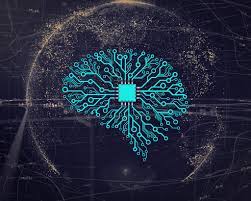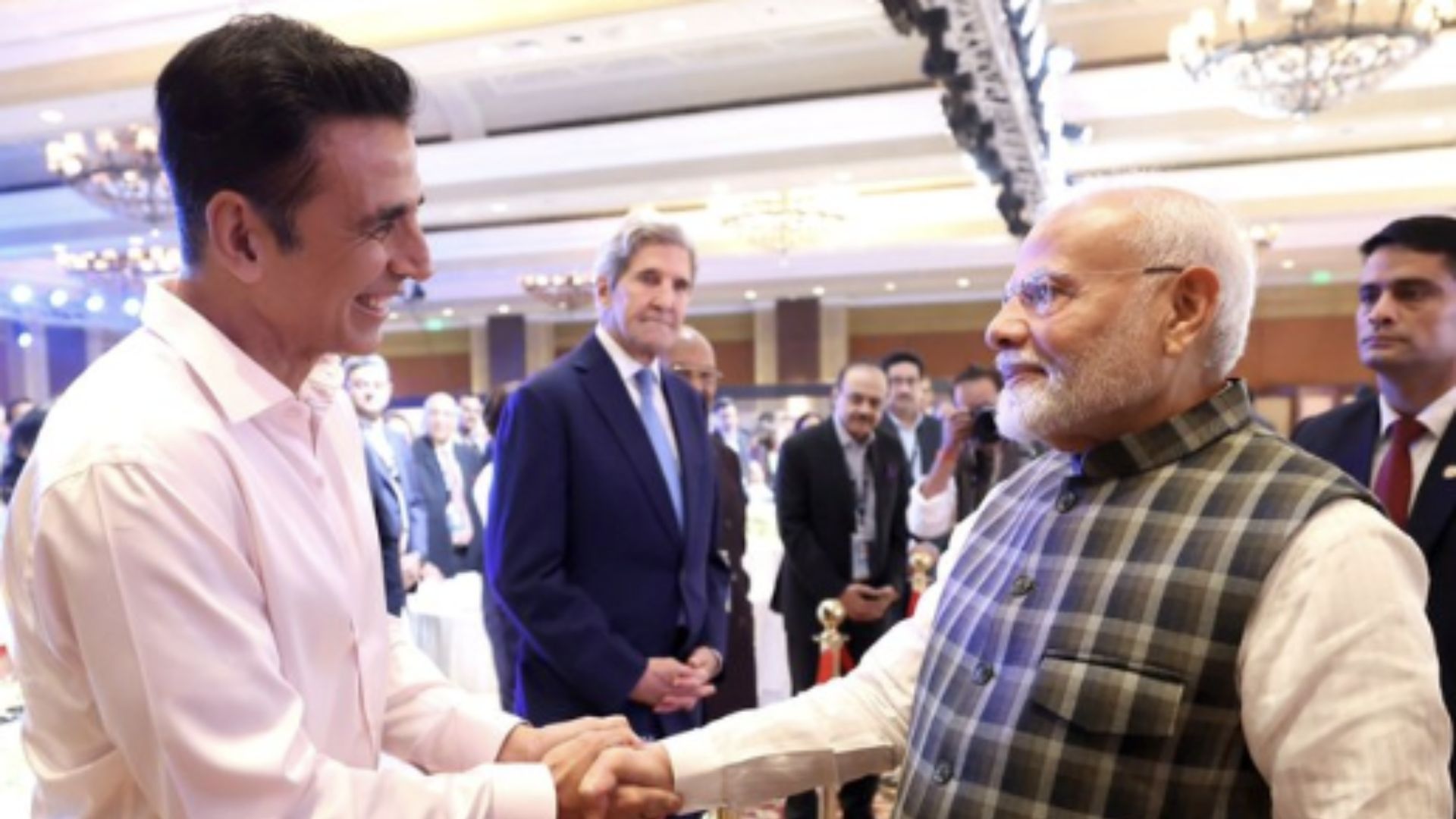
AI, or Artificial Intelligence, is the term used to describe supposedly intelligent actions carried out by machines or computers. The idea of artificial intelligence has been around since the 1950s. Nevertheless, it has only recently become possible to use technology for critical business functions because of its increased reliability. AI generally refers to computers or other technologies performing tasks that were previously believed to require cognitive function. It is related to ideas like big data and automation. Currently, artificial intelligence can be used for a wide range of tasks, from basic customer service to personalization tasks, more complex problem-solving, and even for sales processes and direct marketing. This is made possible by the collection of customer data and advancements in computer technology.
The hotel sector now uses cutting-edge systems including robot-based services and apps and machine learning (AI) as a result of the development of technology. In recent times, there has been substantial debate regarding the use of such technologies and how it would affect both the operational costs of hotels and the caliber of service provided to guests. Given the significance of these cutting-edge technologies, this paper looks into the use of AI and robotics in the hotel business. The setting is hotels in Dubai because that city is already recognized as one of the world’s top smart cities.
The following five years of hotel AI will be released soon. out for the devices, platforms, and tools that aren’t yet available but have the potential to have a significant impact on the market. Start looking for companies or brands you enjoy, and then adjust your prospective budgets as necessary. Keep an eye out for passports that have a place for visitor health data so that, in event of an unforeseen circumstance, medical staff on- or off-site may immediately access information like their medical history, present prescriptions, and sensitivities. Watch out for the rating systems offered to hotel guests so that the establishments may read information about their prior stays. To help ease the stress of late-night hours and the impacts of an industry with a high turnover rate, be on alert for machines to replace support staff.
Although twenty-five percent of the current hospitality labour might be replaced by Intelligence robotic concierges, room service providers, and sweeping machines, trials like the Henn na Hotel in Japan, which had a 100% AI crew of 243 automated machinery, have mainly unsuccessful. Consequently, it is doubtful that AI will ever entirely replace human hotel staff. In a few years, hotels may anticipate seeing more technologies that simplify registration, manage and customize technology in the rooms, and personalize stays.
Although AI cannot completely replace human interaction in the hospitality sector; it can handle many of the duties that have historically been performed by humans. Numerous back-office chores can be automated, which lowers human error, boosts productivity, and frees up workers for more crucial work. When it comes to difficult jobs like tying together revenue from various dissimilar sources, AI is very useful. AI can do tasks that would take people several days to finish in a matter of minutes, highlighting any differences so they may be corrected. Robotic process automation is another illustration. RPA can replace repetitious jobs more quickly and accurately. The effectiveness of operations can be improved using artificial intelligence. It might be difficult to handle data in the hotel sector. There is assistance from AI. Data is gathered at numerous locations across a hotel, including POS (point of sale) and PMS (property management systems), as well as through interactions between visitors and staff, such as requests, remarks, complaints, meal orders, etc. Artificial intelligence can anticipate visitor demands and streamline hotel operations by using data gathered from all of the departments.
Some even contend that because they lack genuine, compassionate, and warm-blooded human workers, they destroy the very definition of the word “hospitality. “Expecting a robot to initiate conversation is unrealistic. When they brought you a towel, for example, they always do it the same manner and wouldn’t understand if you asked for it another way. Let’s be clear: Some people prefer personalized services delivered by real persons, hence they wouldn’t stay at that hotel since they dislike being serviced by computers. People dislike the fact that robots don’t address them by name or connect with them in a social manner like people do. It takes consideration and an effort to understand others to be hospitable. A robot is not at all warm, and hospitality is the ability to make others feel at home. The “services” they provide are excellent, but they do not make you feel welcome. The emotional connection that consumers enjoy about hotels would not exist without the hospitality element. Even if it’s true that a smile can increase the guest’s experience and level of pleasure, it’s still possible.
Additionally, because resort employees have been educated, we will direct clients to safety in emergency circumstances and seek medical assistance if necessary. Robots cannot be trusted to provide instructions in emergency situations because they lack the ability to recognize suspicious behavior. Customers take responsibility for their own security at a fully automated hotel because there is no staff to report emergencies. For example, when a crisis occurs, hotel staff calls Emergency to report it while also assisting in the customers’ calming down.
Overall, the use of robots in the hotel sector is increasing and is predicted to continue to do so. You are likely to see them in increasingly more locations, especially in light of recent events like the Covid epidemic. Machines are capable of handling the customer service component, such as check customers in and out, replying to questions, and delivering hospitality services, but they are unable to engage with the customers in a friendly way because they lack emotion. Robots, in my humble view (you are free to disagree, of course), are less suited to social settings; a bot is most useful when you need a specific piece of information immediately or want to prevent waiting for anything. Restaurant robots work well in certain applications, such as providing food, but they are unable to comprehend how the customer feels about their meal. On the other side, hotel workers “should” demonstrate care for the guests’ total contentment. All hospitality and service have an impact on the guest’s knowledge, but even the best treatment is rarely sufficient.

Mandeep Singh is an Assistant Professor at School of Hotel Management & Catering Technology, Jaipur National University, Rajasthan.













